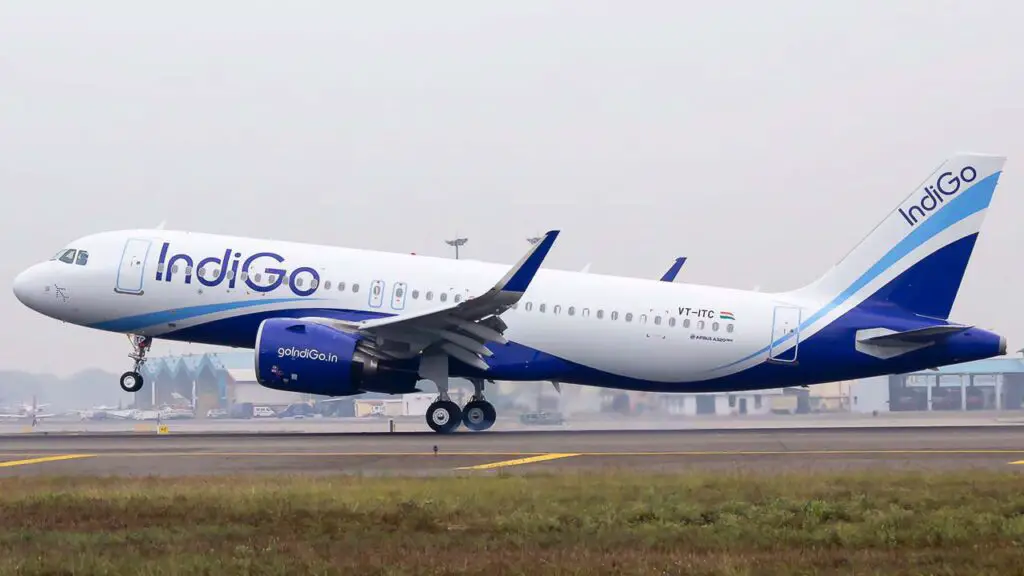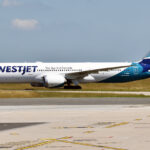Indian low-cost airline IndiGo reported that thirty of its aircraft were grounded due to «supply chain disruptions», The Economic Times reported.
The carrier, which currently has a domestic market share of more than 57%, is evaluating the possibility of leasing aircraft and crew to other companies as scheduled deliveries of new airplanes directly from the factory are delayed. This would be a wet lease arrangement: a lessor would provide the equipment and personnel to operate flights marketed by IndiGo.
After reporting losses in the third quarter of the year, Pieter Elbers, IndiGo’s CEO (he held the same position at KLM between 2014 and 2022), said the company had already extended existing leasing contracts and postponed the return of some aircraft, in an attempt to optimise its response to this scenario.
In addition, the executive noted that supply chain disruptions in the manufacturing processes for new aircraft, and the resulting shortage of spare engines worldwide, affected operations. «The challenges are forcing us to look at different ways and means in order to make sure we have the capacity to operate», Elbers said.
Activity and competition in the Indian airline market, one of the fastest growing in the world, is intensifying. Demand for air travel, both domestic and international, is already at levels similar to those seen before the begin of the pandemic.
In this context, the incentive to improve service and optimise profit margins is twofold, but lower fleet availability leads to lower seats offering. IndiGo, which is optimistic about returning to operating profitability in the current quarter, remains on target to increase its capacity, measured by available seats per kilometre, a 25% in the period compared to 2021.
In addition, the airline anticipates an increase in its total capacity of between 13% and 17% across 2022.
See also: Tata Group becomes sole owner of AirAsia India after acquiring remaining stake














